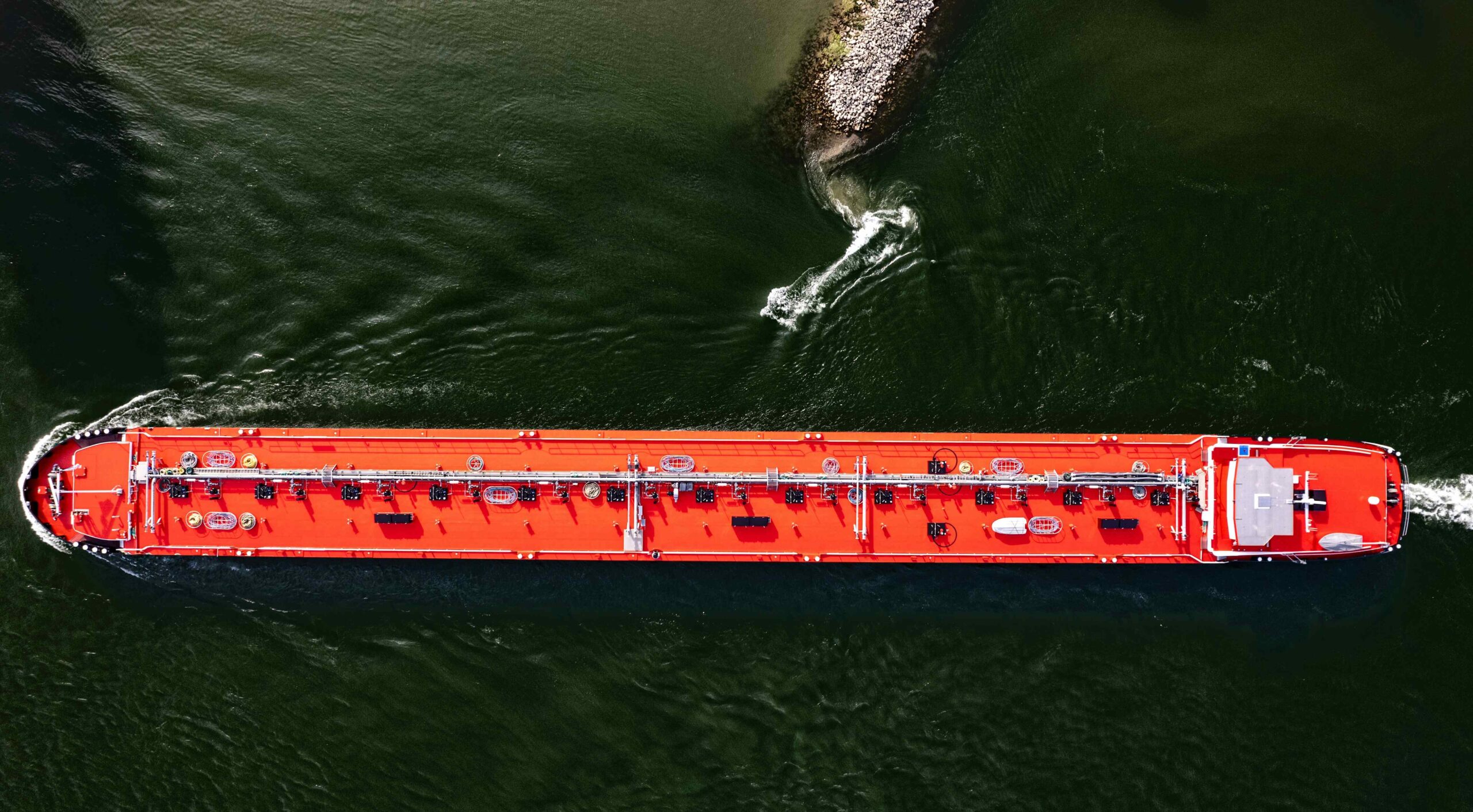Technological Disruptions in Bunker Fuel Monitoring Systems
In the dynamic world of maritime transport, the evolution of bunker fuel monitoring systems represents a crucial advancement towards enhanced efficiency, regulatory compliance, and environmental stewardship. This article explores the technological disruptions in bunker fuel monitoring systems, examining their impact on the shipping
The Impact of Bunker Fuel Taxation Policies
Bunker fuel taxation policies are gaining traction as governments and international bodies seek to curb greenhouse gas emissions and generate revenue from the maritime industry. These policies have far-reaching implications for the shipping sector, influencing fuel costs, operational strategies, and environmental outcomes. This
Future Prospects of Hydrogen as Marine Fuel
The shipping industry is at a critical juncture as it seeks to balance economic growth with environmental sustainability. With mounting pressure to reduce greenhouse gas emissions and adhere to stricter regulations, hydrogen has emerged as a promising alternative marine fuel. This article provides
The Role of Non-Governmental Organizations in Bunker Fuel Advocacy
Non-Governmental Organizations (NGOs) play an increasingly influential role in the advocacy and regulation of the bunker fuel industry. Through research, policy advocacy, public awareness campaigns, and stakeholder engagement, NGOs are pivotal in driving sustainable practices and regulatory reforms in maritime fuel use. This
Global Bunker Fuel Market Regulatory Compliance
The global bunker fuel market operates within a complex regulatory framework aimed at addressing environmental, safety, and operational standards. This article provides an in-depth analysis of regulatory compliance in the bunker fuel market, exploring key regulations, challenges faced by stakeholders, and strategies for
Impact of Seafarer Training on Fuel Efficiency
In the realm of maritime transport, seafarer training stands as a linchpin for enhancing operational efficiency, safety, and environmental stewardship. This article delves into the profound influence of seafarer training on fuel efficiency, exploring key factors, strategies, and industry practices aimed at maximizing
Bunker Fuel and Marine Insurance: Risk Management Strategies
Bunker fuel, essential for powering maritime vessels worldwide, represents a significant operational cost and risk factor for shipping companies. Marine insurance plays a crucial role in mitigating these risks, providing financial protection against potential losses and liabilities associated with bunker fuel operations. This
The Role of Financial Institutions in the Bunker Fuel Market
Financial institutions play a crucial role in the bunker fuel market, providing essential services and facilitating transactions that underpin global maritime trade. This article explores in-depth the pivotal role of financial institutions in the bunker fuel sector, their functions, impacts on market dynamics,
The Impact of Trade Wars on Bunker Fuel Supply Chains
Trade wars wield significant influence over global economies and industries, including the critical sector of bunker fuel supply chains essential for maritime trade. This article delves into how trade conflicts affect bunker fuel supply chains, the associated challenges, and strategies for resilience amidst
Bunker Fuel Market Dynamics in the Asia-Pacific Region
The Asia-Pacific region stands as a pivotal hub in the global bunker fuel market, reflecting dynamic economic growth, evolving regulatory landscapes, and strategic maritime trade routes. This article provides insights into the key factors shaping the bunker fuel market in the Asia-Pacific region,










